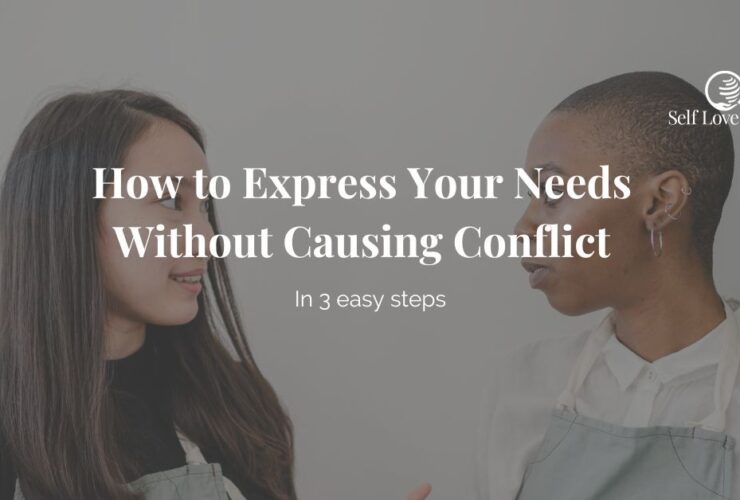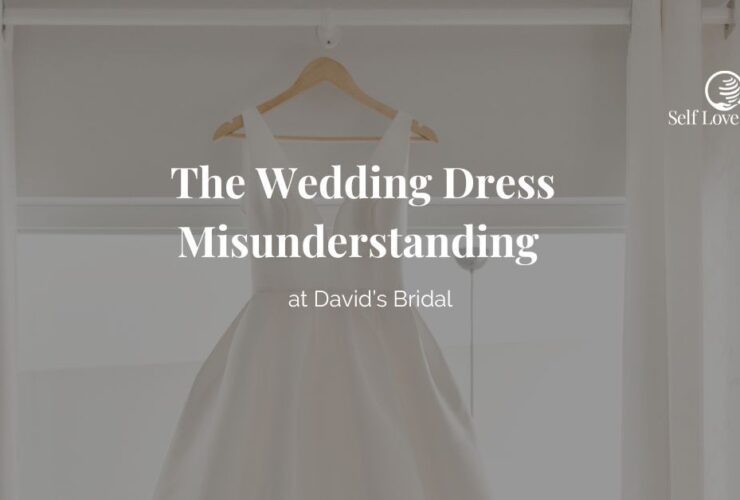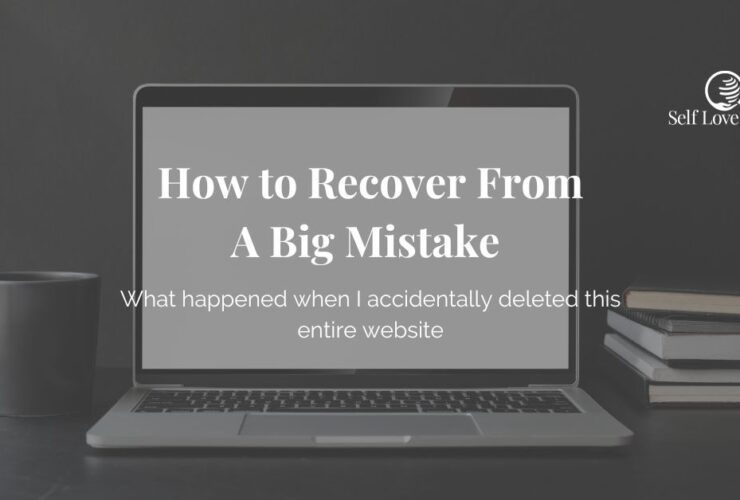How to Stop Saying Sorry So Much and Become More Like-able at the Same Time
If you’re someone who tends to say sorry for minor misunderstandings, or things that are not your fault, and you want to stop saying sorry so much, this post is for you.
What if you could break the habit of over apologizing, strengthen your connections with others, and become more like-able all at the same time?
In this post, you’ll learn exactly how.
Why try to Stop Saying Sorry So Much?
When I played softball, I used to apologize every time I dropped the ball or didn’t have a perfect throw.
One day, my softball coach had enough of it.
“STOP SAYING SORRY!” she yelled at the top of her lungs.
“QUIT APOLOGIZING AND PLAY THE GAME.”
Up until this point, I thought apologizing was the way to make things right with other people.
But my coach couldn’t stand my constant apologizing.
She knew that every moment I spent apologizing and feeling guilty was time that I wasn’t spending focusing on playing the game and improving my skills.
I didn’t need to apologize to her to make it right. She just wanted me to show her I was serious about the sport, and being a contributing member of the team.
What my coach really wanted to hear was “Yes coach!” or “Understood!” or to have me ask for help when I needed it.
She wanted me to show her that I was committed to doing my best. She wanted me to spend my time thinking about how I could improve, instead of feeling guilty for making mistakes.
To listen to this story in short video form, check out this reel.
While apologies are well intended and definitely appropriate at times (ex. When your actions have actually hurt someone.), we have to remember that apologies aren’t solutions, they’re an acknowledgment that something has “gone wrong.”
Yet here you are, apologizing for things when you haven’t hurt anyone!
So there are a lot of places where we might be saying “sorry” where apologies aren’t called for.
Every time we apologize for asking a favor, making a mistake, turning in “not your best work” or other things that all human beings do, all we’re really doing is showing other people that WE THINK we’ve done something wrong.
Subconsciously, we’re experiencing guilt, thinking we should have done better. The apology puts that guilt on display for others to see.
You don’t want to be that person. Don’t you want to be the person who can make mistakes and own those mistakes? The person who can pivot gracefully?
So how do we pivot? How do we practice being the person who can recommit and not feel guilty after every little mistake? Learn how in the next section.
How do I stop saying sorry so much?
Learning how to stop over-apologizing is simple, fun, and rewarding.
All it takes is one small adjustment. And if you practice, you’ll do more than just stop over-apologizing. You’ll quickly find yourself showing up in conversations differently, more confidently, and with a stronger presence!
Here’s how:
Each time you feel an urge to say “sorry,” practice finding something to say “thank you” for instead.
This flips the script, removes the subtle undertone of guilt, and helps you be percieved as a grateful and intentional person.
Every instance of over-apologizing can be replaced with a thank you.
Here are some examples:
I’m sorry I forgot about that → Thank you for reminding me.
Sorry for the inconvenience → I appreciate your patience.
I’m sorry I didn’t know about that → Thanks for keeping me in the loop.
When you shift from “I’m sorry” to “thank you”, it strengthens your relationship with people around you, and removes the risk of being perceived as annoyingly “over-apologizing”.
You can also save a ton of time & anxiety by skipping the apology.
For example if your sports coach calls you out for having “poor form”, you could apologize, or you could thank them for letting you know or thank them for the advice. You can say, “I’ll will watch it and do better next time.
You get to move on without focusing on “who’s at fault” or “what went wrong.”
What’s the benefit of shifting to gratitude?
By shifting to “thank you”, you’re taking an action that will make other people feel good. (Instead of giving the impression that you’ve done something wrong, or implying that you’re feeling guilty.)
In short, going from “Sorry” → “thank you” means going from feeling guilty to building relationships.
I use this in my relationships all the time because it genuinely makes me feel closer to the people in my life.
Anytime I forget to do something I said I would do, I feel an urge to say “I’m sorry that I didn’t do this” to my partner. But I’m working on thanking my partner for reminding me or for the other ways he’s been contributing to our life together instead of apologizing.
It almost always feels better to him to be thanked for the effort he has put in than for me to be constantly apologizing for what I have not done. And it feels better to me, because it feels better to focus on the positive contributions of others than to focus on my own perceived mistakes.
Conclusion
If you want to break the habit of over-apologizing, notice the moments when you feel like you want to apologize for a minor thing, and try to shift your words from “I’m sorrys” to “thank you fors…”.
This is a great way to both catch your apologizing tendencies in the moment and practice shifting out of guilt and into gratitude, which will create positive feelings for you and the people you interact with!
Much love,
Morgan Rita
If you’re new here, I’m Morgan! I’m a certified life coach for perfectionists and high achievers. My mission is to help people build confidence and self-esteem sustainably, so you can get your energy for life back. To start sustainably building up your self-esteem for free, sign up for the Self Love Atlas Newsletter below.
Popular posts
The Strength That Lies in Your Roots
Choose Your Friends, Change Your Life





